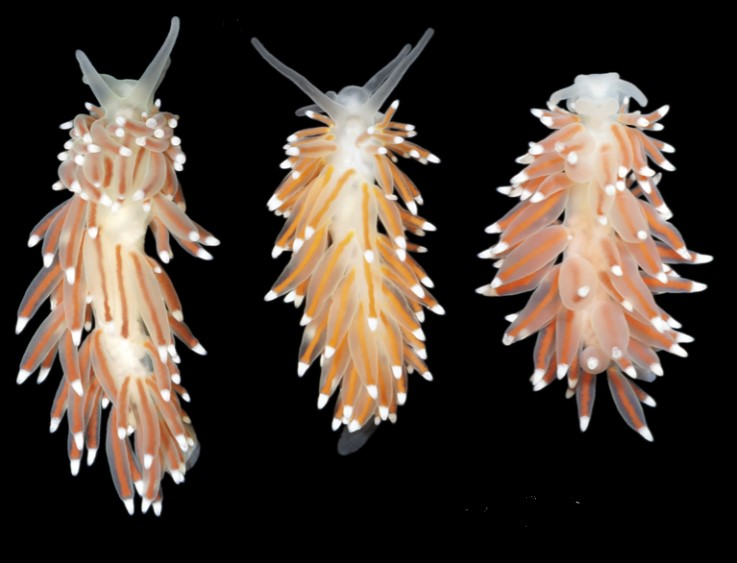
A group of scientists from the Faculty of Biology of Moscow State University, the Koltsov Institute of Developmental Biology of the Russian Academy of Sciences and the A.N. Severtsov Institute of Ecology and Evolution of the Russian Academy of Sciences, with the support of the Russian Science Foundation and the Russian Foundation for Basic Research, studied how global climate change affects marine invertebrates. The appearance of marine ecosystems in recent years has undergone significant changes under the influence of global climate change and human activity. Scientists are currently studying how these factors affect biodiversity. Samples from the Barents, White and Japan Seas were taken and studied for this purpose. The research results are published in the scientific journal Invertebrate Zoology.
The leading engineer of the Laboratory of Morphology and Ecology of Marine Invertebrates, Tatyana Igorevna Antokhina, took part in the research on behalf of IEE RAS.
The article presented an integrative analysis of the complex of species Eubranchus odhneri - Eubranchus sanjuanensis. Individuals similar morphologically to E. sanjuanensis were collected in the Sea of Japan. However, preliminary molecular analysis has shown their close relationship to the Arctic species E. odhneri. New data were obtained on the sequences of mitochondrial (COI and 16S rRNA) and nuclear (histone H3 and 18S rRNA) markers for the reconstruction of molecular phylogenetic relationships using Bayesian analysis and Maximum Likelihood Estimation, analyzes of molecular separation of ASAP, bPTP and GMYC species and the likely time of the divergence of the proposed species.
The study also includes morphological and ecological features: external morphology, coloration, morphology of the jaws, radula and reproductive system, as well as the fine structure of the Cnidosacia and determination of food preferences.
The results show that individuals from the Sea of Japan are a new species, Eubranchus malakhovi sp.n. It was named after the head of the Department of Invertebrate Zoology of the Biological Faculty of Moscow State University, Academician of the Russian Academy of Sciences Vladimir Vasilyevich Malakhov. The new species differs both in morphological and molecular data from the Arctic species E. odhneri and E. sanjuanensis inhabiting the northeastern Pacific Ocean. The new species is phylogenetically close to the E.odhneri species, with extremely low differences in mitochondrial DNA, and, according to scientists, the time of divergence of these species is ~ 1.5 million years ago.
Related materials:
Babr24: "Scientist from Russia discovered an unknown mollusk, and named it after a colleague"
